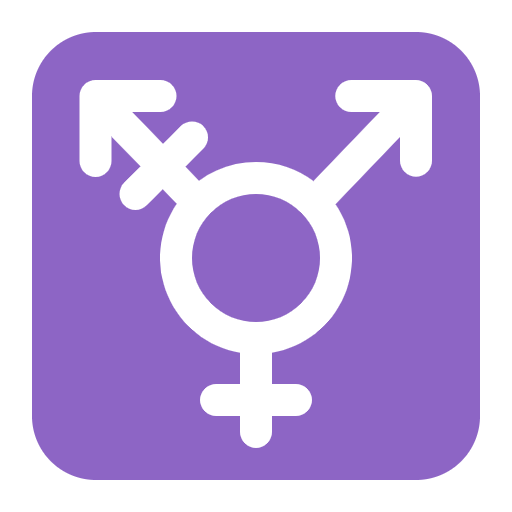Comprehensive Guide on the Name “Dayton”
Origin and Historical Background
The name Dayton has Anglo-Saxon origins and is derived from English place names that mean “Day Town.” Historically, it refers to a settlement or town that perhaps saw a significant rise in prominence during the day or one that was notably bright and bustling. The significance of daylight in Anglo-Saxon culture—symbolizing new beginnings, clarity, and brightness—might have contributed to the adoption and adaptation of this name.
Meaning and Cultural Significance
Dayton, meaning “Day Town,” evokes imagery of light, clarity, and positivity. In various cultures, the concept of daylight is often associated with new beginnings, opportunities, and a sense of hope. The name can bring about feelings of brightness and optimism to expectant parents considering this name for their child. Its rootedness in everyday life while simultaneously bearing a noble connotation of illumination makes it a deeply enriching choice.
Famous Historical Figures with the Name Dayton
1. Dayton Clarence Miller
- Historical Era: Late 19th to early 20th century
- Key Contributions: Dayton Clarence Miller was an American physicist and astronomer recognized for his pioneering work in acoustics and the development of the Miller Acoustic Research Laboratory.
- Cultural Impact: Miller’s contributions to acoustic science played a significant role in advancing understanding in that field, influencing future innovations in sound technology and engineering.
2. Dayton Allen
- Historical Era: Mid 20th century
- Key Contributions: Dayton Allen was an American comedian and voice actor, popular for his work on the television show “The Steve Allen Show.”
- Cultural Impact: As a pioneer in television comedy, Dayton Allen’s voice acting and humorous performances left a lasting impact on the entertainment industry, inspiring generations of comedians and voice actors.
Usage Over Time
The name Dayton has seen various levels of usage over the decades. While not always at the top of the popularity charts, its distinctiveness and gender neutrality have made it an appealing choice for parents seeking a unique yet meaningful name. Historical records show sporadic spikes in its usage, correlated often with the rise of notable figures bearing the name or cultural trends leaning towards place-based names.
Pronunciation Guide
Dayton is pronounced as “DAY-tuhn.” The first syllable “Day” is pronounced like the word “day,” indicating light and brightness. The second syllable “tuhn” is softer, pronounced like “ton” in the word “button.” Together, they form a melodious and easily spoken name.
Biblical Context
The name Dayton does not appear directly in the Bible. However, the themes associated with “Day” and “Town” can be linked to biblical symbolism. Light represents purity, goodness, and the divine presence, often mentioned in the context of God’s creations and the coming of the Messiah (e.g., “Let there be light” – Genesis 1:3). Towns and communities play central roles in many biblical narratives, representing communion and divine order.
Additional Unique Information
Numerology
Expression Number: 5 (indicative of freedom, adaptability, and communication)
Variations and Cultural Variants
- Dayten: An alternative spelling that maintains the same pronunciation and meaning.
- Daytawn: A more phonetic variant keeping the essence of the original name.
Popularity
Recent Trends: According to SSA data, Dayton ranked among the top 1,000 names for boys in several years throughout the 21st century but is less common for girls, making it unique when used as a neutral name.
Conclusion
Dayton is a name imbued with historical richness, cultural depth, and a bright, optimistic meaning. It remains a versatile and appealing option for expectant parents looking for a meaningful and modern name. With its roots in light and community, Dayton embodies hope, fellowship, and new beginnings.


